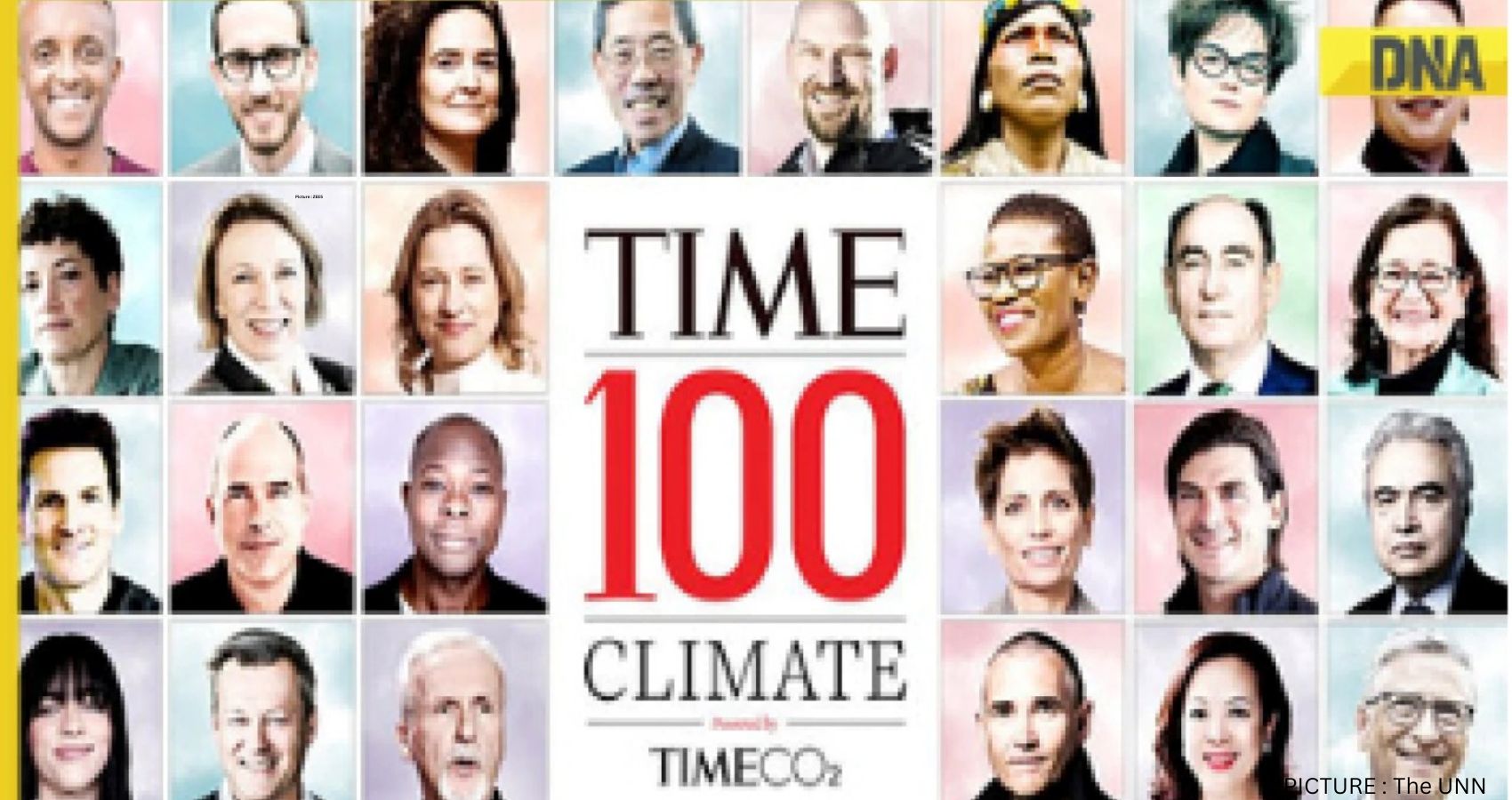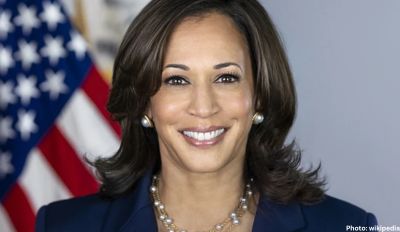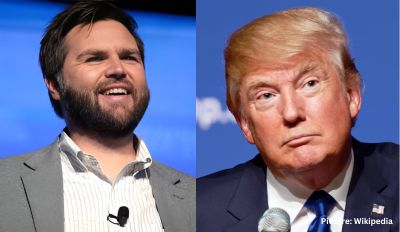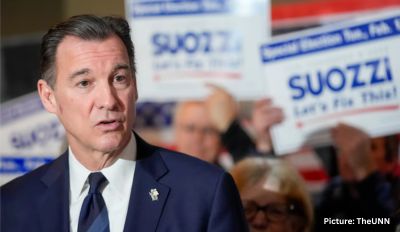The Times has published its annual list of influential business executives who have embedded climate goals into their initiatives. Nine prominent leaders hailing from India have been named to the ‘Time 100 Climate’, the magazine’s first-ever list of the world’s most influential leaders driving business to real climate action.
The list, which includes CEOs, founders, philanthropists, musicians, policymakers and government officials from across the world, comes ahead of the 2023 UN Climate Change Conference, scheduled to take place in the United Arab Emirates (UAE) from November 30.
“It’s fair to say climate leadership is embedded across all of our coverage today. But we believe more could be done to draw attention to the people who are shaping and leading climate action,” Time said, releasing the list last week.
Ajay Banga, who assumed the role of president of the World Bank Group in June, has been named one of the 100 Most Influential Climate Leaders in Business for 2023. Speaking at the 2023 World Bank Group-IMF Annual Meetings in Morocco, Banga stated, “If you can’t breathe and you can’t drink clean water, there’s very little point in eradicating poverty.”
In October 2023, Banga highlighted the urgency of the situation, stating, “Time is of the essence.” His commitment to aligning financial incentives and loans with climate-friendly initiatives shows a proactive approach to tackling global challenges. Banga works for a sustainable and equitable future.
Geeta Aiyer, founder of Boston Common Asset Management, is among the five Indian Americans on the list. Leading a firm with over $5 billion in assets, Aiyer works to address biodiversity loss and invest in earth renewal. Emphasizing their impact on global food supply, water access, and technology development, Aiyer called for swift government legislation to guide corporate company policies. Moreover, she also stressed the intersectionality of climate change and human rights, urging activists to advocate for stricter policies.
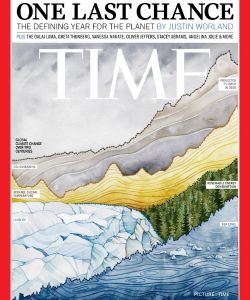
Rajiv J. Shah, president of The Rockefeller Foundation, spearheaded climate-focused initiatives. Notably, the foundation launched the Coal to Clean Credit Initiative, aiming to shift from coal to renewable energy in emerging economies.
Rajiv advocated for expanding access to renewable electricity, emphasizing its potential to improve lives and avert a climate crisis. He urges climate activism to prioritize vulnerable populations and calls for wealthy countries to fulfill and exceed their climate financing commitments.
Jigar Shah, Director of the U.S. Department of Energy Loan Programs Office, led the public investment of hundreds of billions into clean infrastructure and energy projects. He works to meet the 2030 climate goals using cost-effective technologies.
Moreover, Jigar tries to implement solutions that save money. He also identified climate technologies deserving more attention and funding, including enhanced geothermal, low-impact hydro, small modular nuclear reactors, carbon sequestration, hydrogen, and long-duration energy storage.
Manoj Sinha, CEO of Husk Power Systems, made it on the list. He achieved profitability with 200 minigrids across Asia and Africa. Advocating for long-term systemic change, he calls for a carbon tax, corporate emission offsets, and investor support for renewable innovations.
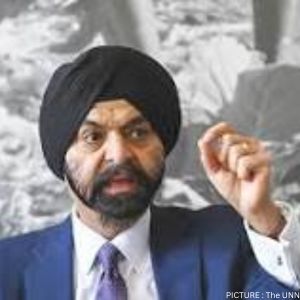
Sinha emphasizes solarizing the agricultural value chain and underscores the need for a uniform carbon tax, considering cumulative emissions and societal equity. His vision reflects a holistic approach to sustainable solutions.
Sanjayan is a conservation scientist and CEO of Conservation International (CI), a non-profit working with governments and companies to conserve nature, primarily in the Global South.
Sanjayan’s skills as a science communicator have helped CI facilitate powerful partnerships for environmental protection.
The organisation created the Restore Fund in 2021 alongside Apple, which this year pledged $200 million in additional funding to support nature-based carbon removal technologies.
Seema Wadhwa is executive director for environmental stewardship for Kaiser Permanente, one of the largest health care providers in the US.
By 2050, it aims to be net zero. Under Wadhwa’s leadership, this year Kaiser Permanente’s office in Santa Rosa, California, was recognised as the country’s first net-zero medical facility.
Amit Kumar Sinha is managing director and CEO of Mahindra Lifespaces, the real estate and infrastructure development arm of Indian conglomerate company Mahindra Group.
Since 2013, Mahindra Lifespaces says it has had an entirely green portfolio, prioritizing water efficiency, passive energy design, renewables, and more.
In January of 1938, TIME’s editors considered how the sun might become a future energy source. A year later, TIME observed that scientists were seeing evidence of a warming planet. In 1953, TIME cautioned that an “invisible blanket” of greenhouse gases, at its present rate of increase, would “raise the earth’s average temperature 1.5° Fahrenheit every 100 years.”
The term climate change, as we currently understand it, was first used by TIME when the editors named the “Endangered Planet” the Person of the Year for 1988.
Much great work engaging with the climate story has been created by TIME journalists in the years since, and this year is no exception. It’s fair to say climate leadership is embedded across all of our coverage today. But we believe more could be done to draw attention to the people who are shaping and leading climate action. That is why we’ve created the inaugural TIME100 Climate list.
The TIME100 Climate is not only a community, it is an argument for how we see the future: we are recognizing those who are connecting climate action and business value, because we believe progress for the planet will come from the engagement with and leadership by the business world.
To assemble this list, TIME tried to capture the latest economic and scientific thinking by selecting individuals who are leading change across five critical areas: energy, nature, finance, culture, and health. Our reporters, editors, and colleagues at TIMECO2 sought out measurable, scalable achievements and prioritized recent action.
“Our hope is that decades from now, the creation of the TIME100 Climate will be seen as another watershed moment for TIME and our coverage of the planet,” Time wrote. .

